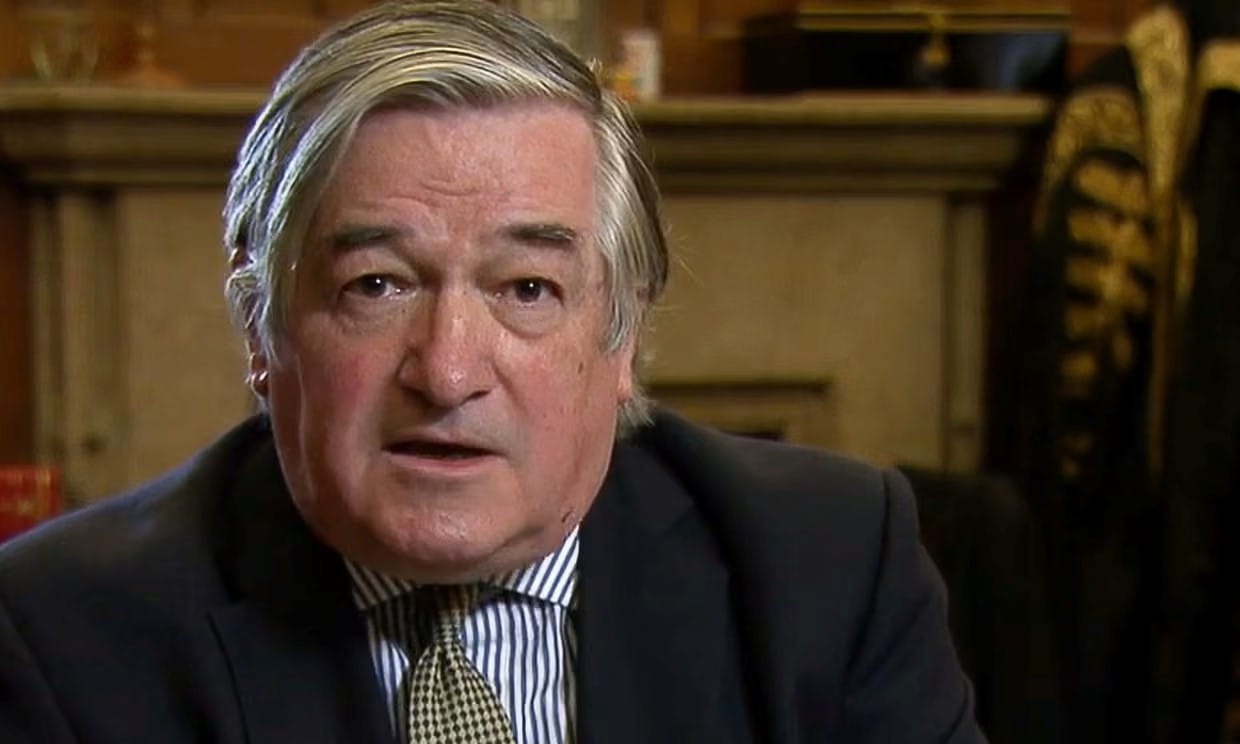A v B (Refusal of Application for Stay of Divorce Petition) [2025] EWFC 377 (B)
HHJ Judge Cope. Refusal of application for stay of divorce petition.
Judgment date: 24 October 2025
https://caselaw.nationalarchives.gov.uk/ewfc/b/2025/377
HHJ Judge Cope. Refusal of application for stay of divorce petition.
Background
The parties are both Egyptian nationals. They were married in Egypt under a Christian marriage contract in 1996. The parties were members of the Coptic Evangelical Church, although the husband asserted that he had converted to the Syrian Orthodox Church in January 2023.
The wife and the two children of the marriage moved to the UK in 2013. The husband moved to the UK in 2020. Both parties lived in England until after their separation in November 2023.
The husband had initially applied to divorce the wife in Egypt for cause, before he pronounced talaq divorce. However, he did not register the talaq divorce or serve notice of registration on the wife. The wife successfully appealed on that basis, at which point the husband then reverted to his application for cause. The husband was experiencing difficulties in pursuing the Egyptian divorce both on grounds of service and lack of evidence as to his religious denomination. The wife argued that the husband had not left Coptic Christianity which has more limited grounds for divorce.
The law
The court’s capacity to stay a divorce petition for ‘forum non conveniens’ derives from s 5(6) and Schedule 1, paragraph 9 of the Domicile and Matrimonial Proceedings Act 1973. Schedule 1, paragraph 9 requires that the court considers ‘the balance of fairness (including convenience) as between the parties to the marriage’.
HHJ Cope applied the test summarised by HHJ Hess in SA v FA [2022] EWFC 115 at [20], as derived from judgments including the House of Lords judgment in Spiliada Maritime Corporation v Cansulex [1997] AC 460, the Court of Appeal judgment in De Dampierre v De Dampierre [1987] 2 FLR 300, and the High Court judgment in Chai v Peng [2014] EWHC 3519 (Fam). The principles include:
- Fairness and convenience depend on the facts of each case. The court should take a holistic view extending beyond facts directly related to litigation.
- The ‘natural forum’ is that which the parties have ‘most real and substantial connection with’. Factors include convenience, expense, the law governing the relevant transaction and where the parties reside.
- The party seeking the stay must prove the existence of another more appropriate jurisdiction.
- A stay will then be granted unless it can be shown a stay would deprive the resistor of a legitimate or juridical advantage, or other special circumstances. The court must then undertake a balancing exercise.
- A stay will not be refused if substantial justice will be done in the available appropriate forum.
- That a party might achieve a better outcome in one forum should not be decisive.
HHJ Cope noted that Mantegazza v Mantegazza [2017] EWHC 3811 (Fam) confirms that the timing of an application is relevant but not determinative.
The parties’ positions
The husband asserted that Egypt was the natural forum. He said that English court did not have jurisdiction as he had made an application for divorce to Egyptian courts, which had pre-dated the wife’s English proceedings. However, his proceedings were not registered until 13 December 2023, five days after her application to the English courts.
The wife submitted that she is domiciled in England, that she and her children have been living here for some time with significant connections, that the bulk of the assets are in England, and that she would face substantial difficulties in the Egyptian courts.
Expert evidence
Expert evidence from Andrew Allen KC was that the appeal court in Egypt had already determined that the husband’s service of notice of his talaq declaration to the wife was insufficient. He also observed how ‘Enforcement of judgments is a considerable problem in Egypt … particularly if the party seeking enforcement is foreign or lives abroad’.
HHJ Cope accepted the expert evidence that the wife could not easily obtain a divorce in Egypt. This was particularly given the wife’s case that both parties were of the same denomination.
Outcome
In respect of the parties’ living arrangements
HHJ Cope was satisfied that the wife was habitually resident in England from 2013 and domiciled in England by 2018, and that the husband was habitually resident from 2020 and domiciled at the latest by September 2023. It did not matter that the parties had not given up their Egyptian citizenship. HHJ Cope declared at [68] that ‘Both parties were committed to this being their home’.
In respect of the assets
HHJ Cope noted that the assets and property in England were of higher value than of those in Egypt. She raised concerns about how the wife would enforce any order about UK property and English bank accounts in Egypt, rejecting the husband’s suggestion that it would be straightforward.
Conclusion: the forum
HHJ Cope held at [74] that ‘England is clearly the place where the parties had the most real and substantial connection’ on the basis that:
- both parties were habitually resident in England until after the separation;
- both parties had committed in practical terms to making England their home, educating their children here;
- the bulk of the assets are in England; and
- the wife remains habitually resident and domiciled in England.
It was also concluded that further hearings in Egypt would generate unnecessary expense.
Ultimately, HHJ Cope determined at [76] that ‘England is plainly the appropriate forum’, and at [77] that therefore it would be ‘unconscionable’ for the husband to continue to pursue proceedings in Egypt.






